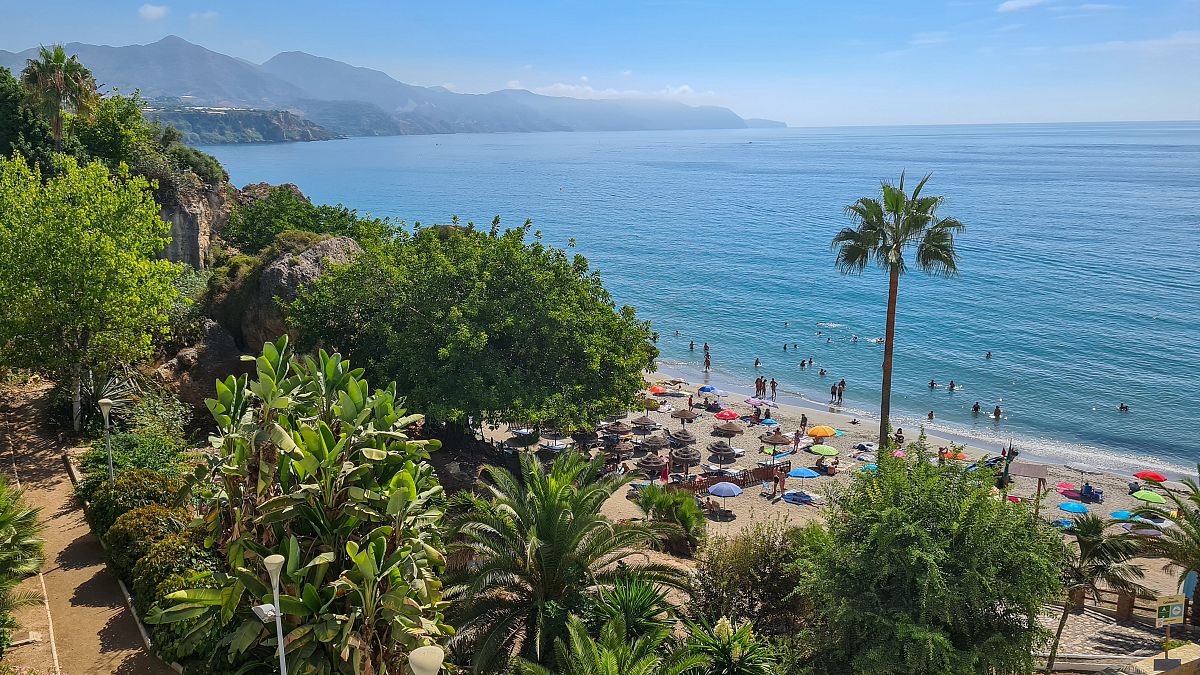Some of Spain’s most popular seaside cities and villages could soon be linked by a new train line.
The proposal would see the route from Malaga to Fuengirola extended along the Costa del Sol.
The idea for the new rail system was put forward by a group of engineers, railway experts and regular commuters.
The extension would make it easier to explore more of the sun-drenched coastline loved by tourists.
New train line planned along the Costa del Sol
Railway experts have produced a detailed plan for how to expand Spain’s rail network to connect Malaga and Marbella via the panoramic Guadalhorce valley.
The group aims to limit journey times to a maximum of 45-50 minutes between the coastal resort cities.
At the moment, travellers tend to use ridesharing services to make the trip.
The new scheme would also provide easy access to the Costa del Sol hospital and bus station.
New train line will let tourists explore more of Costa del Sol
The group of railway experts has proposed a few different options for the route.
These could see it passing inland and coastal destinations including Mijas, Alhaurin de la Torre, Coin and Alhaurin el Grande as well as extending on past Marbella to San Pedro Alcantara.
These en-route stops could make for enjoyable day trips from the cities.
Mijas Costa is a 12-kilometre sweep of beaches and tourist resorts including the popular La Cala de Mijas, a former fishing village.
Mijas Pueblo, instead, lies 10 kilometres away on the slopes of the Sierra del Mijas 400 metres above sea level and is a village of whitewashed, flower-bedecked houses.
Alhaurin el Grande also features traditional white architecture but on a larger scale. The town’s Nuestra Señora de la Encarnación church conserves the remains of Gothic rib vaults from an ancient castle on the same spot.
There is also a 120-year-old olive mill that offers tastings.
New train line could solve housing problems
The new route would not just benefit tourists. "It [a rail line] helps to structure the province in terms of population,” train driver Pablo Marín told local news site Sur in English.
“It solves housing problems as it is cheaper inland and it encourages social integration for people who live in remote areas."


